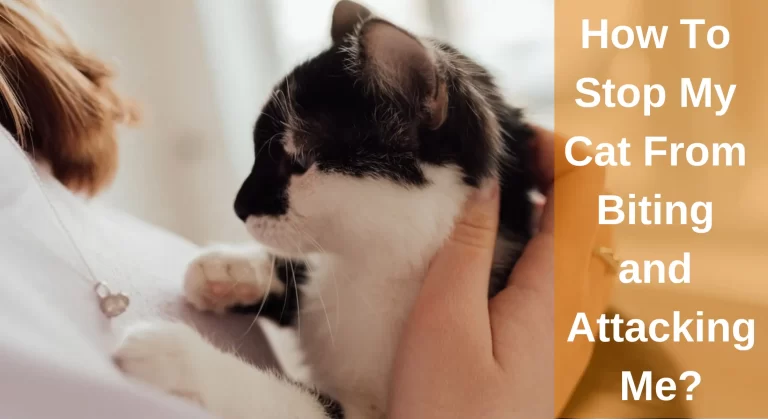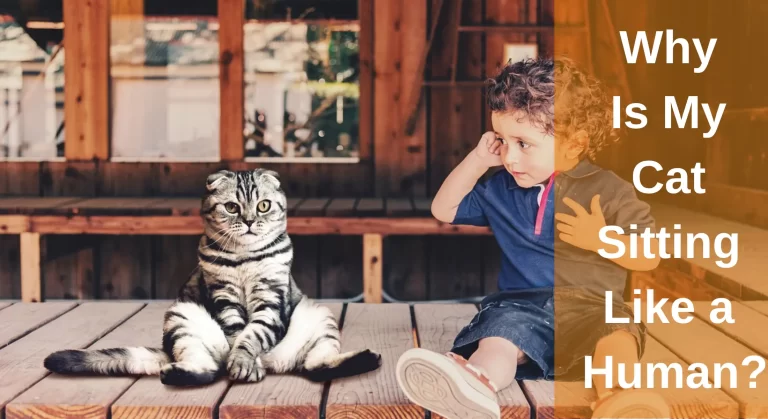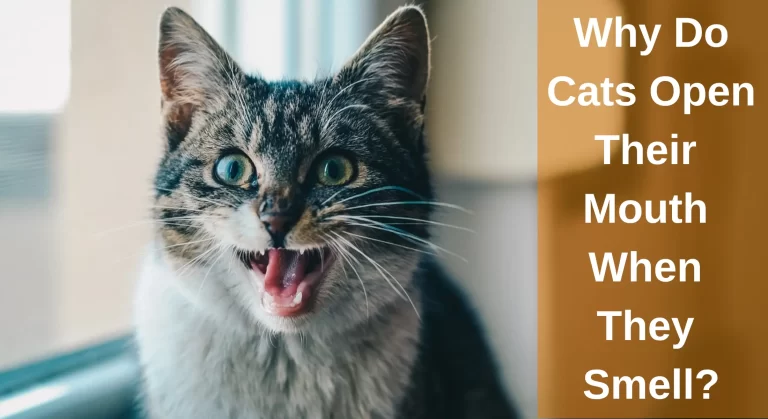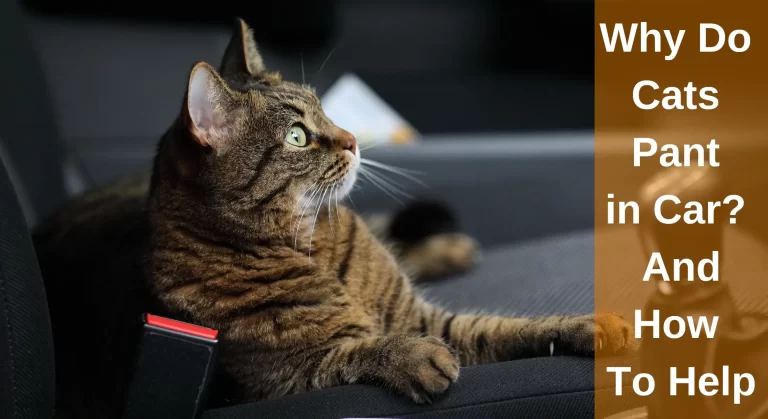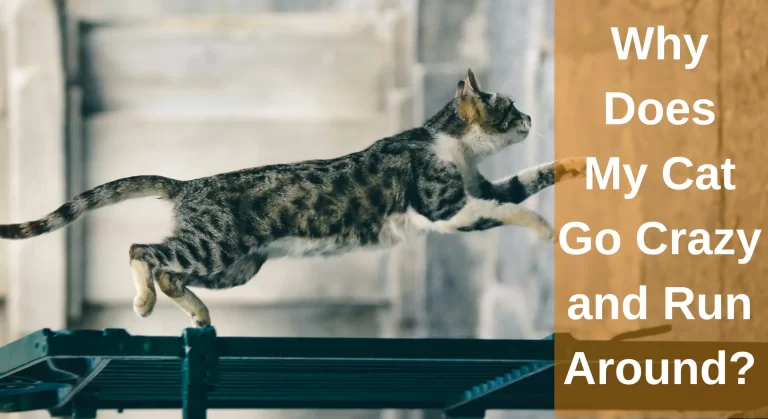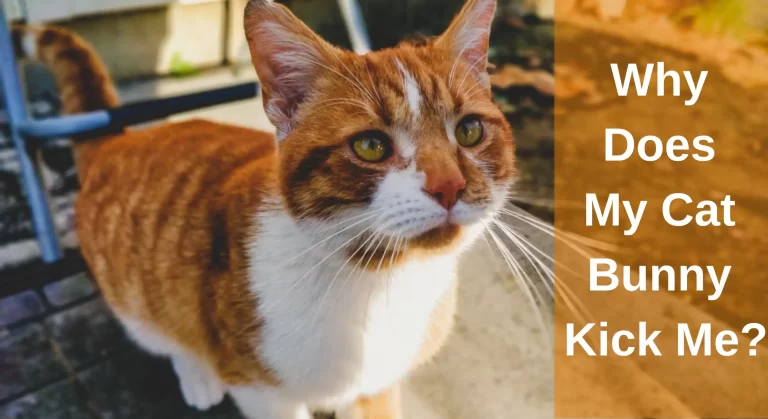Why Is My Nursing Cat Always Hungry? [Answered]
Cats love to eat, but you might have thought why your breastfeeding cat is constantly hungry. Being a cat parent, you’re conscious that a visit to the vet is necessary if your cat stops eating. You might not realize that there might be additional causes for worry than just excess weight when your breastfeeding cat is overeating. Why Is My Nursing Cat Always Hungry? Is a breastfeeding cat’s constant hunger considered normal?
Yes, for a nursing cat, it’s quite normal to eat a lot as she’s feeding litters of kittens which increases its nutritional requirements. Moreover, due to pregnancy whatever she eats she pukes, and she might become hungry quickly. However, if your nursing cat’s weight is constant and she isn’t throwing up, you must bring her to a vet as she might have some health issues.
In this article, we will explore why your nursing cat might be constantly hungry and how to address this behavior to ensure your feline friend’s well-being.
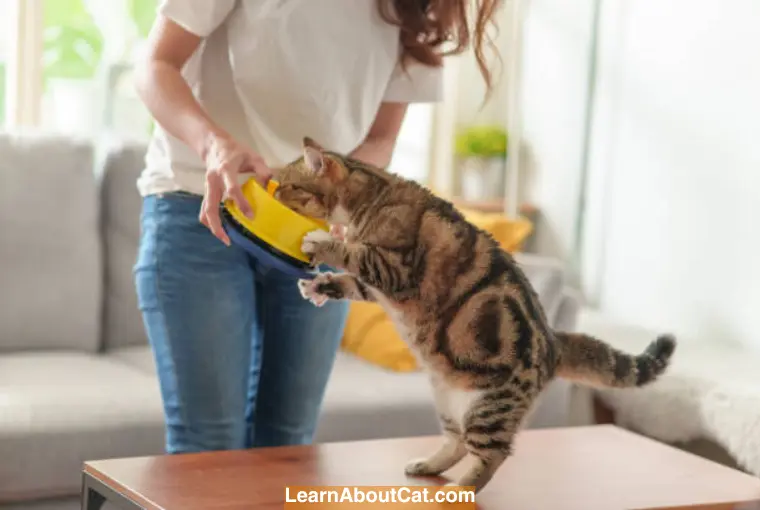
Are Nursing Cats More Hungry?
Since nursing cats need extra food to create milk and assist the growth and survival of their babies, they might get more ravenous than normal. To fulfill their elevated energy requirements, they may also require to consume more regularly.
To assure that lactating cats get the nutrition they require to maintain their internal wellness as well as of their kitties, you must feed them a high-quality, nutritious diet that is specially made for the lactating cat. For appropriate dietary advice for nursing cats, it is advised to speak with a vet.
Also Read: When Do Kittens Start Eating Food And Drinking Water?
Is it Normal for a Nursing Cat to Eat a Lot?
Your cat will eat more food when her kittens start to drink more milk as compared to their daily basis milk intake. The reason behind cats’ extra food consumption is that when kittens lactate more from their mother their fat content and energy level reduce due to milk production. This milk will provide energy to the kittens and also keep the mother warm over the chilly winter.
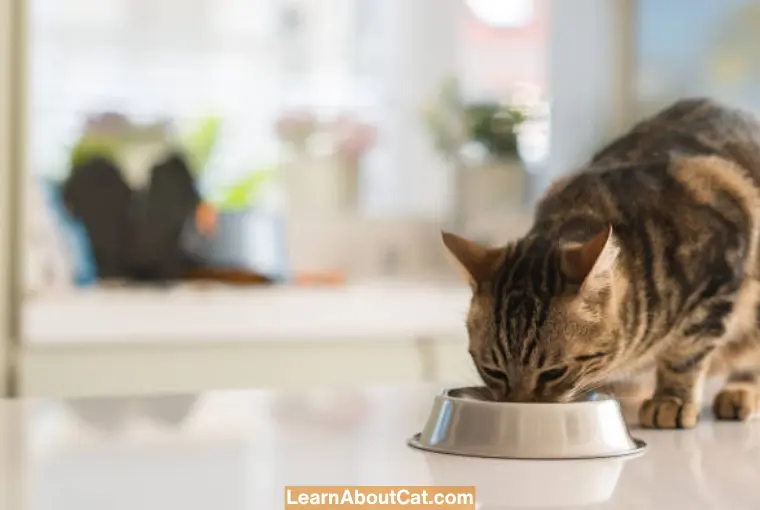
However, if kittens aren’t excessively lactating their mother and she’s eating more than usual, you must bring her to the vet for a checkup as she might have some underlying health issues.
So, while nursing her kittens she may eat more food and gain weight; this is entirely normal. But you must monitor her to ensure she doesn’t become excessively fat.
Check Out: The Ultimate Guide to – How Much to Feed a Kitten? Ketten Feeding 101
Why is My Cat Eating So Much After Having Kittens? Why Is My Nursing Cat Always Hungry
Here are a few causes for your cat’s increased appetite after delivering kittens: –
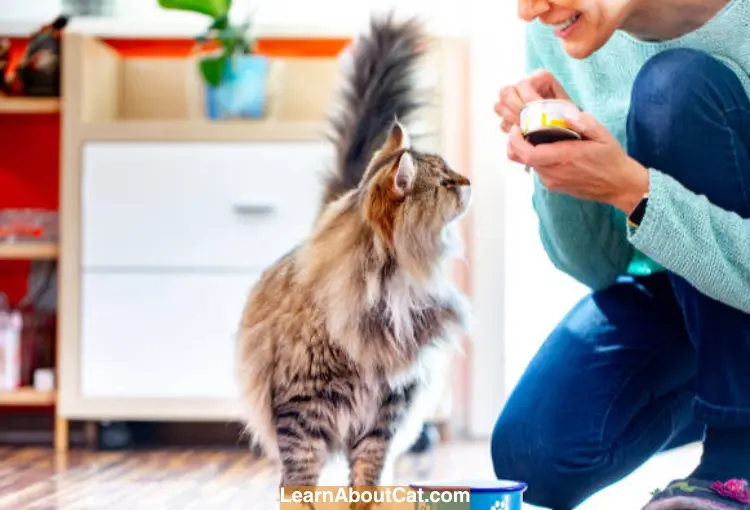
1. Rise in Nutritional Requirements
Cats who are expecting lose weight after having a baby. Their dietary needs, however, dramatically increase. Energy demands will be up to threefold more than usual based on the litter size to produce sufficient milk to feed the young.
Drinking water is essential for milk production. Feed a lactating cat a nutritious diet, like kitten kibble, to make sure she receives adequate nutrition. Double the number of foods your cats eat daily without doubling the portion sizes. She can eat whenever she wants and has complete access to dry kibble.
2. Feeding and Weight Gain
If your lactating cat is asking for nourishment and putting on weight, this is a sign you need to offer it less. Just like humans, some lactating cats genuinely enjoy munching, so the greater you give them, the quicker they’ll gain body weight and develop a host of health issues.
Overweight cats are more likely to develop ailments including hyperglycemia, joint issues, cancer, and other conditions. Usually, cats only require 1/4 to 1/2 cups of dried chow per day, but this might change depending on how active your cat is along with how many calories are in your cat meal.
Find Out: Can A Cat Get Pregnant While Nursing?
3. Eating And Weight Loss
It is common to find a medical ailment in cats who seem to be always hungry and never increase weight. These are a few instances:
- Intestinal parasites: These are also referred to as worms and drain a significant percentage of a cat’s nutrition by feeding on the food it consumes. As it’s nourishing the worms while obtaining very little nutrition, this indicates that a lactating cat may consume and remain starving. Lice and exposure to the outdoors can cause lactating cats to grow worms, but medications could control them. Let your veterinarian examine your lactating cat’s excrement under a microscope to determine what kinds of worms it has.
- Hyperthyroidism: Lactating cats who suffer from hyperthyroidism have a hyperactive thyroid, which makes them starve all the time. Your vet could identify this disease in your cat with a few basic blood tests. Moreover, it may be handled by medication.
- Diabetes: This condition develops when the cat’s pancreas can’t create enough insulin, which prevents the lactating cat from utilizing the carbohydrates produced during digestion as fuel. Your breastfeeding cat would be hungry even if she consumed enough meals and its body lacks sufficient nutrition. Insulin shots might be necessary for a hyperglycaemic cat. The hunger will get better once the situation is controlled.
- Cancer: When all other conditions are cleared and your nursing cat is still extremely hungry and not putting on weight, there might be a danger of cancer. On diagnostic testing options, your vet will provide you with advice.
Luckily, most cats just like to eat, and they spend their days0 sleeping and munching. As far as your cat’s body weight is constant, it doesn’t puke or have diarrhea, and it’s not acting strangely, it’s probably a food-loving cat.
How Often Should You Feed a Nursing Mother Cat?
During nursing time, the mama cat will be working the hardest for herself and her kittens, therefore she must consume enough diet(multiple small meals throughout the day) so she could survive the upcoming rigorous days. She may want to be served regularly at all times, preferably every 2-3 hours(4-5 times a day).
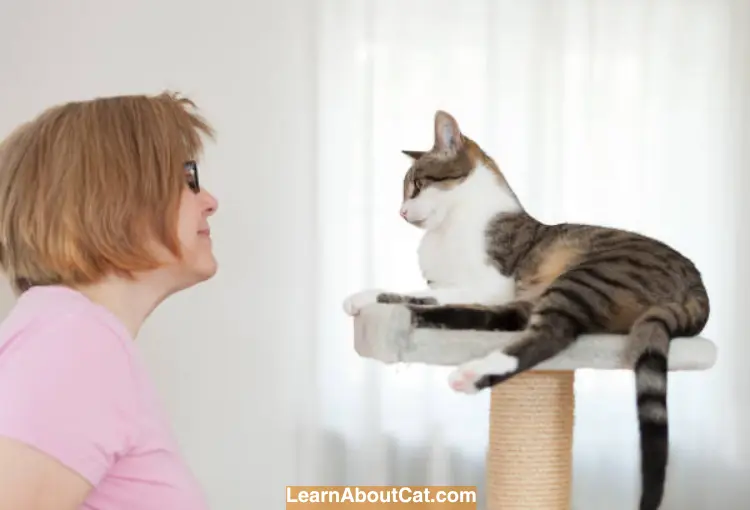
Give mother her regular dry meals, and clean water in separate bowls in addition to 1 can of wet meal each for both morning and afternoon meals.
What Food is Best For Nursing Cats?
It is crucial to give your expecting or lactating cat meals that offer the extra protein she requires. As early as you realize your cat is expecting, we advise giving Kitten Food formulations. These nutritionally dense formulae aid in the growth of the kittens while they are growing inside their mothers. It’s important to discuss feeding advice for your nursing cat with your vet.
Also, tinned kitten food is very digestible and contains phosphate and calcium that are beneficial for the growth of a kitten’s bones. Moreover, the addition of fish or salmon oil to breastfeeding moms’ meals is also very beneficial since these items are rich in omega-3 fats, which support the growth of the kittens’ brains and vision.
Frequently Asked Questions
How much should a cat eat after having kittens?
A cat must consume at least 4 times as much food as she did before being pregnant. To stay strong during this time, you must provide her with calories rich diet and nutrients.
How much should a cat eat while nursing?
A nursing cat must eat 4-5 times a protein-dense diet throughout the day. While nursing, keep her serving size the same but provide her with more meals. By putting some water into her diet, either moist or dried, you can help her drink more water. This will also help the kittens consume more normal food because wet food is easy to swallow.
How much water should a nursing cat drink a day?
Based on the cat’s weight, level of physical activity, weather conditions, and the kittens she is lactating, a nursing cat may need to drink more or less water each day. A lactating cat may need 2 to 4 times as much water as a cat who is not nursing. On average, she must consume 1 ounce of water for every kilogram of body weight each day.
When do nursing cats’ appetites return to normal after weaning?
After weaning her kittens, a nursing cat’s appetite typically returns to normal within a few weeks. As the kittens become more independent and rely less on their mother’s milk, their body’s demand for increased calories diminishes. The timing can vary based on the cat’s individuality and litter size. To help her regain her normal appetite, offer a diverse diet, ensure access to fresh water, and gradually reduce feedings.
Conclusion
While your lactating cat’s elevated hunger is common, it is a sign of danger when she’s puking and her body weight is not rising. A visit to the veterinarian is required in this case.
A large number of kittens and their lactating requirements have an impact on the calorie requirements of mother cats. The female cat’s calorie needs will rise as the kittens develop and need more energy.
A lactating cat must consume 4 times as much food as usual. Mother cats must always have plenty to dry kibble which must be moistened by mixing it with a small amount of water. Give mama a high protein diet and take care of their health.
Who is Isabella?
My name is Isabella, and I am a dedicated and knowledgeable cat enthusiast. With years of experience caring for cats and a deep love for felines, I made a mission to help other cat lovers navigate the challenges of cat ownership.

